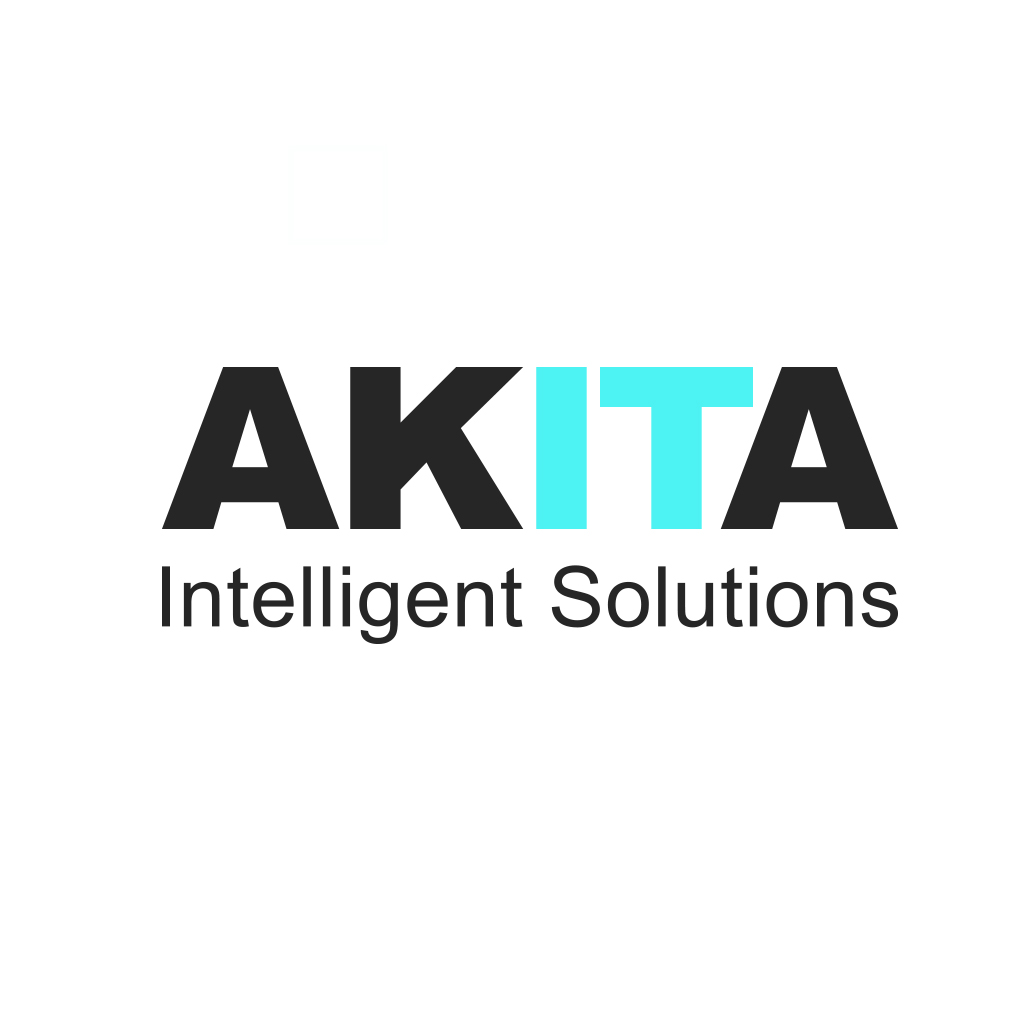A well-known process among manufacturers, a just-in-time manufacturing approach can have significant cost benefits - but it's not without challenges.
Below we outline the principles of just-in-time manufacturing and how Business Central can support this.
What Is Just-In-Time Manufacturing?
Just-in-time manufacturing, also known as just-in-time production or JIT, is a production method aimed primarily at speeding up the production process, increasing productivity, and lowering costs.
The concept originates from Japan in the 1960s and 1970s, notably being adopted at Toyota. It remains popular within the automotive industry though many well-known brands are known to have utilised the method including Apple and McDonalds.
Principles Of Just-In-Time Manufacturing
Eliminate Waste: Waste is taken to mean any resource (time, materials, etc.) expended that doesn't add value to the product. In JIT, any inventory beyond what's strictly necessary is considered waste.
‘Takt’ Time: This is the pace at which products should be manufactured (or services provided) to meet customer demand. It is derived from the German word Taktzeit, meaning 'cycle time'.
Continuous Flow: Manufacturing should be smooth and continuous, reducing the need for stop-start processes that can create inefficiencies.
Pull Production: Production is driven by actual demand, not by forecasting. This means inventory is ordered and items are produced only when there's demand for them, preventing overproduction and waste.
Quick Setups: The ability to set up machinery and processes rapidly, to switch from making one product to another, is key. This flexibility ensures that production is always aligned with demand.
Quality at the Source: Instead of relying on quality inspection after a product is made, JIT emphasises building quality into the process. Employees involved in the production process are encouraged to pause operations if they detect quality issues.
Close Supplier Ties: JIT manufacturers require reliable, high-quality input materials to function effectively, so they tend to build strong relationships with trusted suppliers.
Benefits Of Just-In-Time Manufacturing
Just-in-time manufacturing offers several benefits for businesses.
By maintaining minimal stock levels, it reduces storage expenses and the risks of having excess inventory, such as obsolescence or damage. This approach enhances resource efficiency, from labour to capital and materials, and emphasises continuous improvement due to advanced flexibility, resulting in superior product quality.
Furthermore, JIT systems are agile, adapting swiftly to demand fluctuations. Additionally, they also promote a reduction in waste, leading to cost savings and a diminished environmental impact.

Challenges of Just-In-Time Manufacturing
While there are many benefits to JIT manufacturing, the approach does carry some challenges.
Just-in-time manufacturing necessitates impeccable logistical coordination, as even minor disruptions in the supply chain, such as a late shipment, can cause a domino effect and grind production to a halt.
Furthermore, JIT systems face the potential risk of stockouts if an unexpected surge in demand occurs, making it challenging to increase production swiftly.
Central to the success of JIT is the unwavering reliability of suppliers, who must consistently deliver high-quality materials punctually. This requires the complete transparency of a supplier in terms of any shift in deadlines, which often calls for a strong working relationship.
Just-In-Time Manufacturing With Business Central
Given the challenges of this manufacturing approach, organisations can utilise Microsoft Dynamics 365 Business Central to support just-in-time manufacturing in several effective ways:
- Demand Forecasting:
Business Central has robust demand forecasting capabilities that can predict future sales based on historical data. This enables organisations to produce goods in alignment with real-time demand, a core principle of JIT.
- Inventory Management:
Business Central allows organisations to maintain optimal inventory levels by providing real-time inventory data, setting reorder points, and alerting when stock falls below-desired levels, thus reducing holding costs and risks associated with excess inventory.
- Production Scheduling:
With Business Central, organisations can streamline their production schedules to align with customer demand, ensuring that products are manufactured in time for delivery.
- Supplier Integration:
As with most Dynamics 365 applications, Business Central can be integrated with supplier systems to enable seamless communication. Close ties with suppliers are crucial for JIT and with Business Central, organisations can ensure timely delivery of materials, and even automate the order process based on inventory levels.
- Quality Control:
Business Central offers tools for quality assurance and management. In JIT, quality at the source is emphasised, and Business Central can assist in tracking product quality metrics and triggering alerts if quality drops below set standards.
- Real-time Data & Analytics:
Having real-time insights into the manufacturing process, inventory levels, and demand patterns is crucial for JIT. Business Central offers dashboards and reporting tools that provide these insights, enabling swift decision-making.
- Warehouse Management:
Efficient warehouse management is essential for JIT to reduce the lead time. BC supports barcode scanning, zone picking, and bin setups, ensuring that goods are stored and retrieved efficiently.
- Integrate With Internet Of Things (IoT):
With the ability to integrate with IoT devices, Business Central can gather data directly from manufacturing equipment, providing insights into machine efficiency, potential breakdowns, or maintenance needs, ensuring continuous flow in production.
- Flexible Production Bill Of Materials (BOM)s:
Business Central allows for the creation of flexible BOMs and routings. This means if there’s a change in production requirements, organisations can quickly adapt, ensuring there are no hitches in the production line.
- Workflow Automation:
Automate approval processes, notifications, and tasks in the production line. This helps in ensuring a continuous flow and rapid response to any changes in demand or production.
Utilising Business Central For Just-In-Time Manufacturing
By leveraging the features and capabilities of Microsoft Dynamics 365 Business Central, organisations can effectively implement and support the principles of just-in-time manufacturing, optimising efficiency, reducing waste, and improving overall profitability.
Akita is a leading supplier of Microsoft ERP solutions for manufacturing
Discover more about Business Central’s features for supporting JIT manufacturing here:





